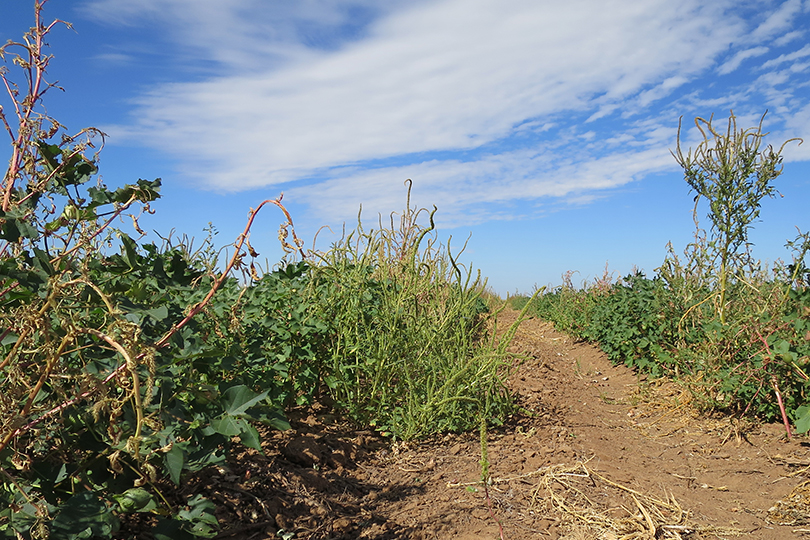By Jennifer Dorsett
Field Editor
U.S. Environmental Protection Agency (EPA) Administrator Andrew Wheeler announced this week the agency has approved registration for five years on two dicamba products and extended the registration on a third product, while imposing some restrictions on the herbicide’s use.
“With today’s decision, farmers now have the certainty they need to make plans for their 2021 growing season,” Wheeler said. “After reviewing substantial amounts of new information, conducting scientific assessments based on the best available science and carefully considering input from stakeholders, we have reached a resolution that is good for our farmers and our environment.”
The EPA decision comes after the U.S. Court of Appeals for the 9th Circuit vacated the product’s pesticide registrations in June.
Two over-the-top (OTT) dicamba products, Bayer AG’s XtendiMax with VaporGrip Technology and BASF’s Engenia herbicide, were given registration approval by EPA for a five-year period. Sygenta’s Tavium Plus VaporGrip Technology product registration was extended for the same timeframe, ending in 2025.
The registrations are only for use on dicamba-tolerant cotton and soybean crops.
Control measures were added to the products’ registrations, including requiring a pH-buffering agent to be tank mixed with the products to control volatility and requiring a 240- to 310-foot downwind buffer, in certain animal species’ habitat areas. Other control measures include prohibiting OTT application on soybeans after June 30 and cotton after July 30, as well as simplifying label and use directions to help growers and applicators understand when and how to apply dicamba.
In the announcement, EPA said new registration labels also provide new flexibilities for farmers and states, including opportunities to reduce downwind spray buffers using approved hooded sprayers.
“If a state wishes to expand the federal OTT uses of dicamba to better meet special local needs, the agency will work with them to support their goals,” the agency’s statement said.
Texas farmers, who have long battled herbicide-resistant weeds such as palmar amaranth, have much-needed certainty going into the planting season.
“We’ve worked extensively with lawmakers, farmers and other stakeholders to make sure Texas farmers have the tools they need to grow their crops, including different options for fighting difficult-to-control weeds that have gained resistance to some herbicides,” Brant Wilbourn, Texas Farm Bureau associate director of
Commodity and Regulatory Activities, said. “We’re glad to see EPA reviewed the science carefully and approved the registration of these important crop management tools.”
To view the final registration of these dicamba products, visit the docket at regulations.gov.

